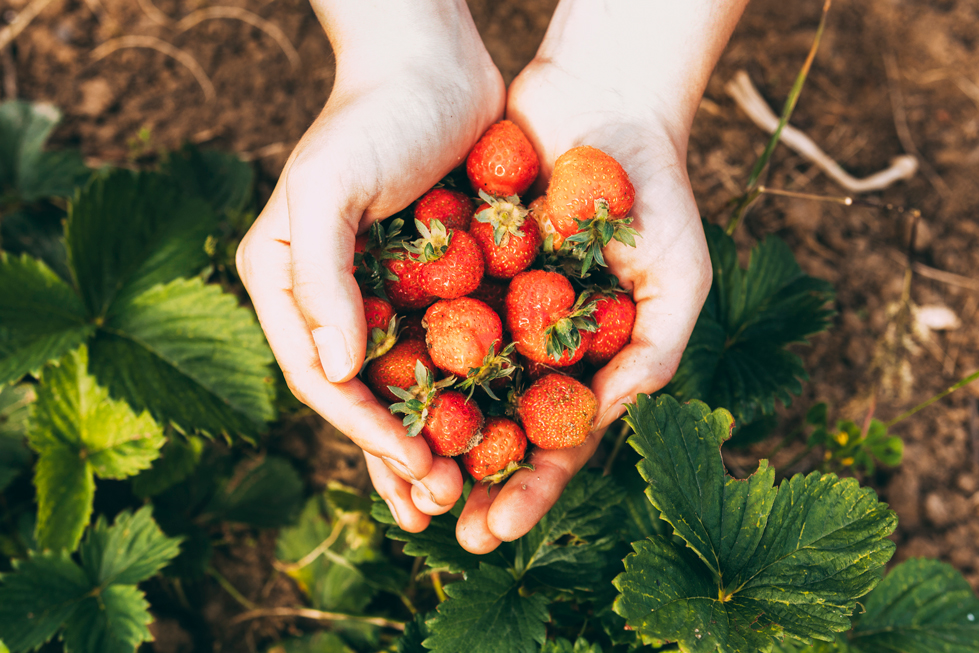Biostimulant could be in a single form or various combined formulation of multiple compounds, substances, and micro-organisms. Biostimulants are applied to plants or soils to improve crop vigor, crop yields, crop quality, and the plant tolerance of abiotic stresses.
The Benefits of Biostimulants.
Biostimulants work by speeding plant growth and improving development throughout the crop life cycle from seed germination to the growth of the plant in multiple methods including,
● Improving the efficiency of the plant’s metabolism resulting in better yield results and improved crop quality.
- Increases plant tolerance to and in the recovery from abiotic stress.
- Facilitating nutrient assimilation, translocation, and use.
- Improving the quality in produce such as the sugar content, color, fruit seeding, and more.
- Plant water use is more efficient.
- Enhances soil fertility by positively supporting the development of soil friendly micro-organisms.
Biostimulants work through different mechanisms compared to fertilizers. They act on the plant’s vigor and does not take direct actions towards pests or diseases.
Biostimulants are also known as, plant supplements, plant strengtheners and conditioners, phytostimulants, bioactivators, bioactive compounds, and even soil, yield, crop, and plant enhancers. Although extremely common, biostimulants do not yet have a regulatory framework that gives an official definition to the word “biostimulant”.


 ไทย
ไทย





